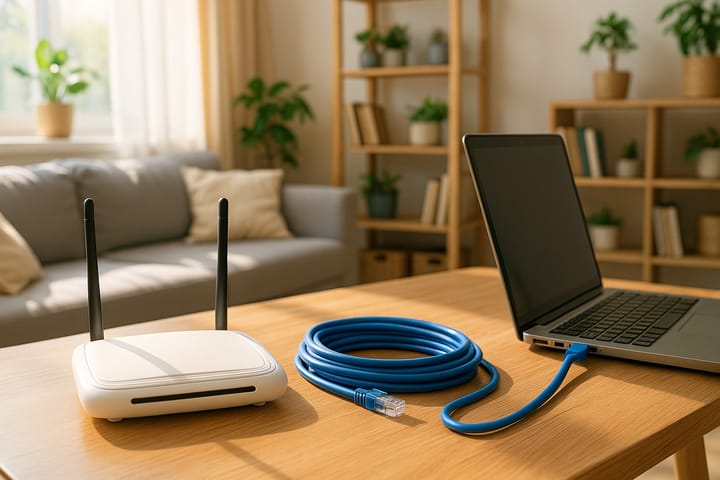Indonesians Scan Retina for Cash, Worldcoin Collects 500,000 Biometric Records
Over 500,000 Indonesians scanned their retinas for Worldcoin in exchange for cash, sparking privacy concerns and a swift government response.

Cash for Retina Scans: The Worldcoin Phenomenon in Indonesia
Hundreds of thousands of Indonesians queued up to scan their retinas using a futuristic device called the Orb—part of the Worldcoin project, a global crypto initiative. In return, participants received between IDR 300,000 and IDR 800,000, as an incentive to join World ID, a biometric-based digital identity claimed to differentiate humans from bots.
Worldcoin, founded by OpenAI CEO Sam Altman, began operating in Indonesia in 2021 but only registered officially as an Electronic System Operator (PSE) in 2025. Within that time, over 500,000 retina scans were collected through local partners across major cities.
Privacy Risks and Firm Government Action
Although Worldcoin promised encrypted data protection, concerns over biometric privacy quickly escalated. On May 4, 2025, Indonesia’s Ministry of Communication and Digital (Komdigi) temporarily suspended Worldcoin’s operations due to the high risk of data misuse.
Two local partners—PT Terang Bulan Abadi and PT Sandina Abadi Nusantara—were summoned for official clarification. Despite the ban, some residents were still seen visiting scan sites as late as May 6, highlighting a lack of public awareness.
Global Response and Fears of Misuse
Indonesia isn’t alone. Countries like Spain, Portugal, and South Korea have taken strong actions against Worldcoin, with Korea imposing multi-billion won fines for violating personal data regulations. Some governments demanded full deletion of previously gathered iris data.
While a few hundred thousand rupiah may be appealing—especially to low-income communities—retina data is immutable. A leak could mean permanent consequences. Authorities must boost digital literacy and tighten data laws to prevent future exploitation.





Comments ()